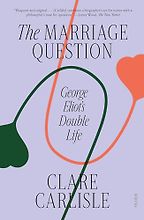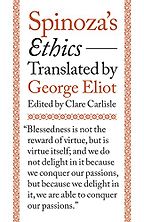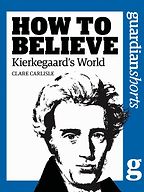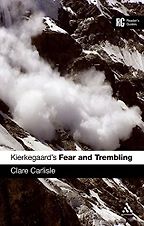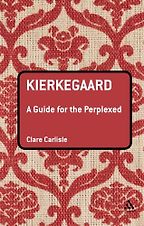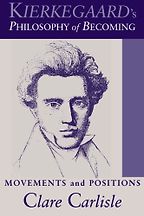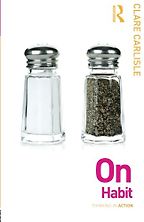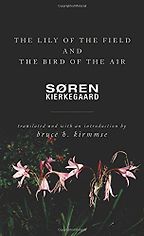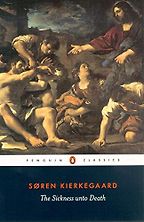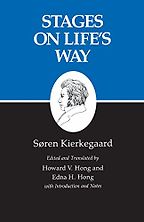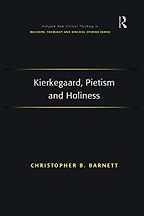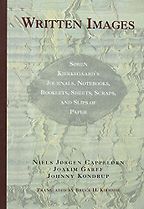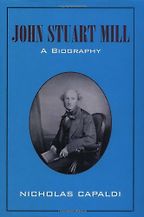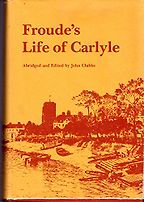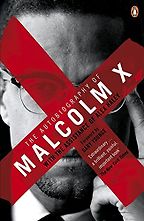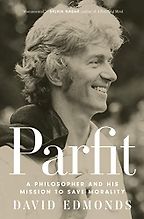
Books by Clare Carlisle
Dr. Clare Carlisle is a Reader in Philosophy and Theology at King’s College London. She is the author of multiple books on Kierkegaard, most recently the new biography Philosopher of the Heart: The Restless Life of Søren Kierkegaard (Penguin, 2019), one book on habit, and the first English translation of Félix Ravaisson’s De l’habitude. In addition to her scholarly work she has written numerous philosophical articles for a general audience, including series for The Guardian on Kierkegaard, Spinoza, Bertrand Russell, and the problem of evil.
“Clare Carlisle is obviously a very interesting philosopher, and what qualifies her as a good Eliot biographer is that she herself has translated Spinoza, and can talk about her work in expert terms. But the book is not short of emotional power; she clearly feels the impact of Eliot’s work and Eliot’s life. She does a bit of both. It’s nuanced and careful and brief. It’s really quite touching at the end. This is suitable, because George Eliot herself said that an appeal to moral sensibility through statistics and reason is not good enough. This is true; now we have behavioural economics telling us that people remember stories and they do not remember graphs, right? Eliot was saying this in the 1850s: you need to embed the idea in real talk, real actions, the real stories of a life.” Read more...
The Best Intellectual Biographies
Henry Oliver, Biographer
Spinoza's Ethics, Translated by George Eliot
by Baruch Spinoza, Clare Carlisle & George Eliot
"Hatred is increased by reciprocal hatred, but can be destroyed by love"—Baruch Spinoza.
Rather excitingly, Princeton University Press has published George Eliot's translation of Baruch Spinoza's Ethics, which previously was quite hard to buy. The book is edited by Clare Carlisle, a philosopher at King's College London, whose introduction details the influence of Spinoza on George Eliot's later literary work.
The influence of Spinoza on George Eliot is discussed in this interview on the Best Philosophical Novels, with philosopher and novelist Rebecca Goldstein.
Interviews with Clare Carlisle
-

1
The Lily of the Field and the Bird of the Air
Søren Kierkegaard (trans. by Bruce H. Kirmmse) -

2
The Sickness unto Death
by Søren Kierkegaard -

3
Stages on Life’s Way
Søren Kierkegaard (trans. by Edna V. Hong and Howard H. Hong) -

4
Kierkegaard, Pietism and Holiness
by Christopher Barnett -

5
Written Images
Søren Kierkegaard (ed. by Niels Jørgen Cappelørn, Joakim Garff, Johnny Kondrup)
The best books on Søren Kierkegaard, recommended by Clare Carlisle
The best books on Søren Kierkegaard, recommended by Clare Carlisle
“It’s not surprising that he died at forty-two, because he burned himself out restlessly, relentlessly pursuing this question of how to be a human being.” Søren Kierkegaard’s latest biographer Clare Carlisle recommends five books for understanding the Danish philosopher’s life and work—and shows how his work often bears witness to the complex, fraught experience of being alive.
Interviews where books by Clare Carlisle were recommended
-

1
John Stuart Mill: A Biography
by Nicholas Capaldi -

2
The Marriage Question: George Eliot's Double Life
by Clare Carlisle -

3
Froude's Life of Carlyle
by James Anthony Froude, abridged by John Clubbe -

4
The Autobiography of Malcolm X
by Malcolm X and assisted by Alex Haley, Laurence Fishburne (narrator) -

5
Parfit: A Philosopher and His Mission to Save Morality
by David Edmonds
The Best Intellectual Biographies, recommended by Henry Oliver
The Best Intellectual Biographies, recommended by Henry Oliver
The interplay of real life and the generation or dissemination of ideas serves as the fascinating focus of the intellectual biography. Here, Henry Oliver—author of Second Act, a compelling new book about late-blooming intellectuals, artists, and thinkers—selects five of the best intellectual biographies, including studies of the lives of the novelist George Eliot and the philosopher Derek Parfit.
